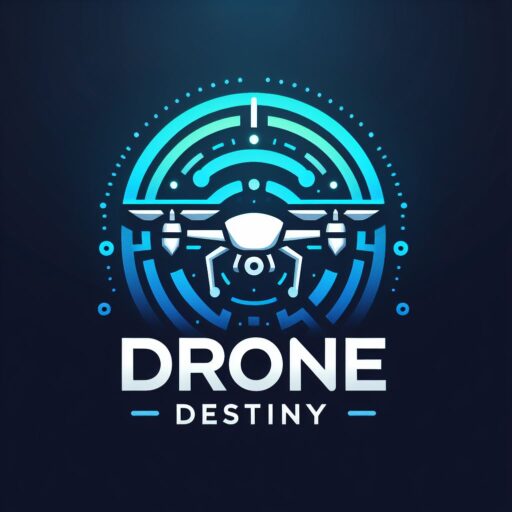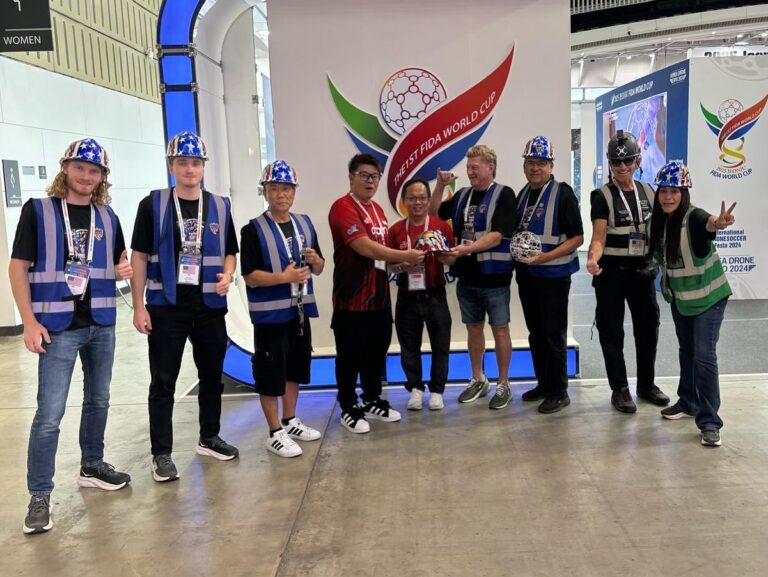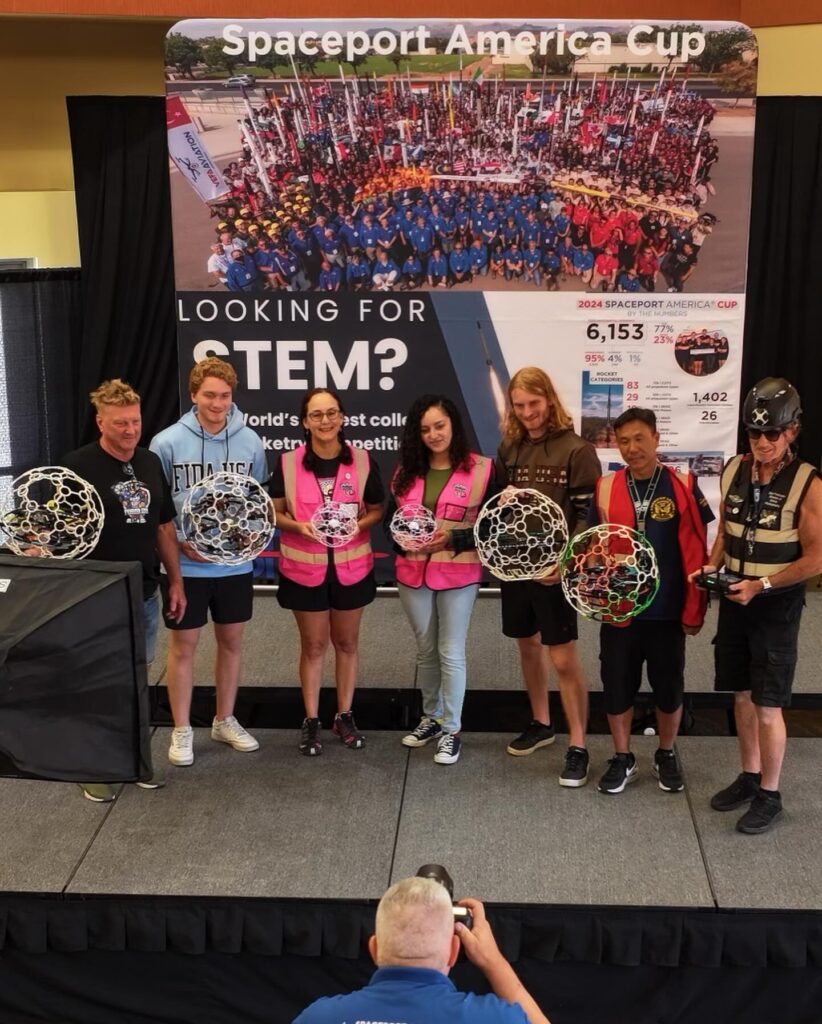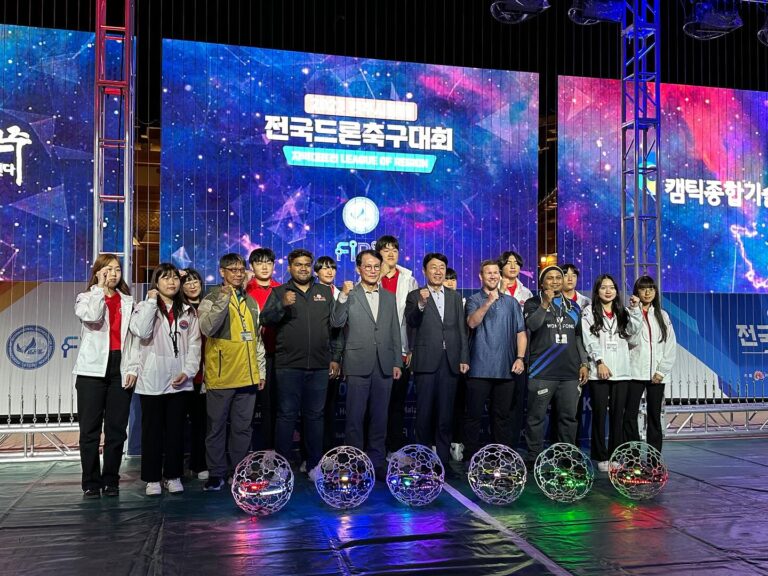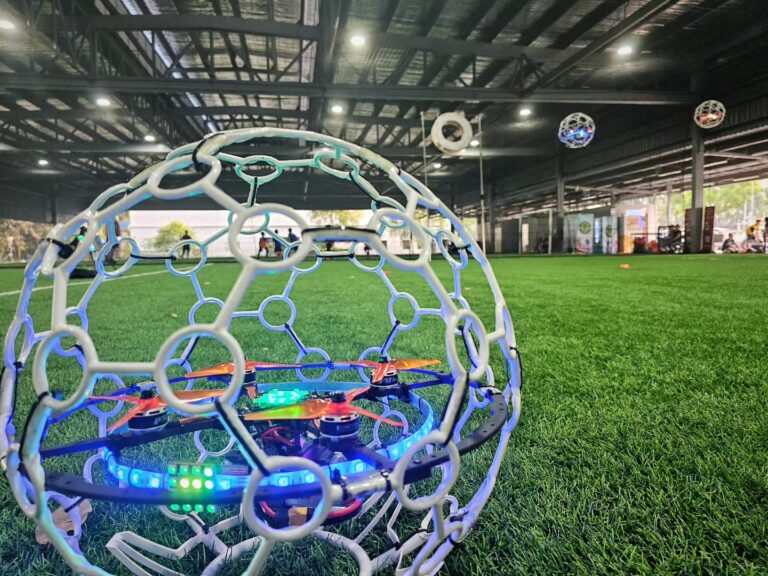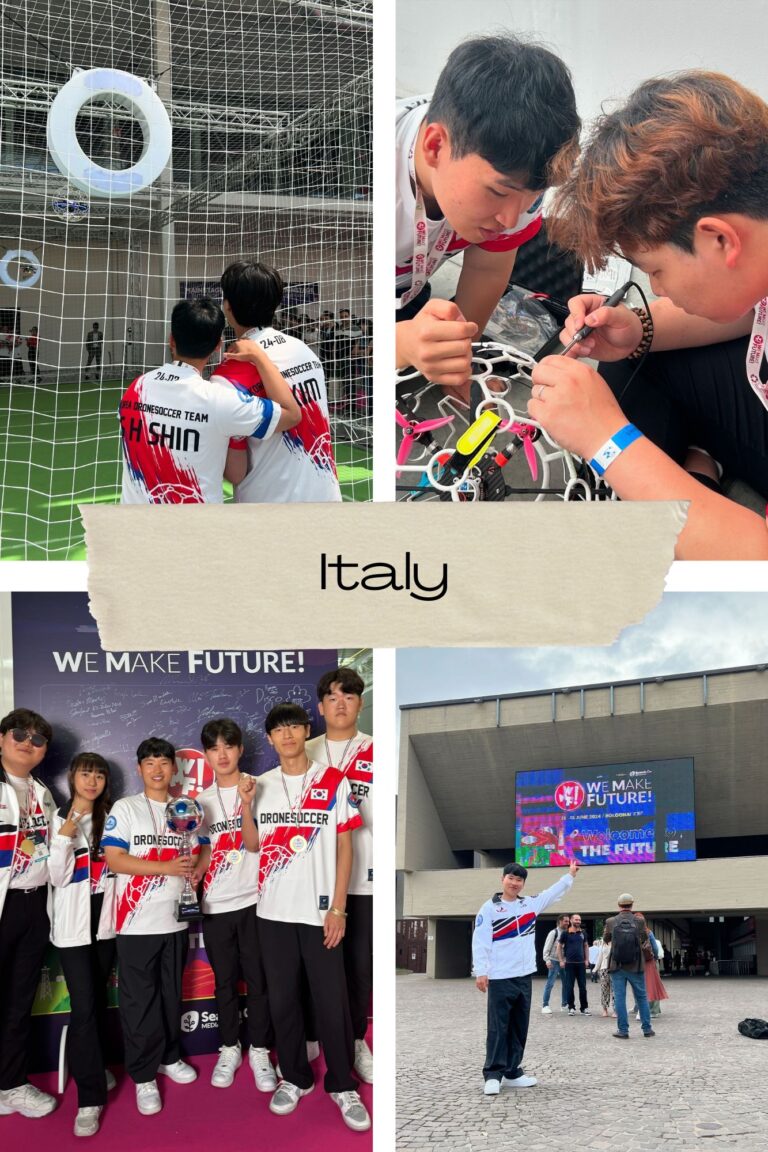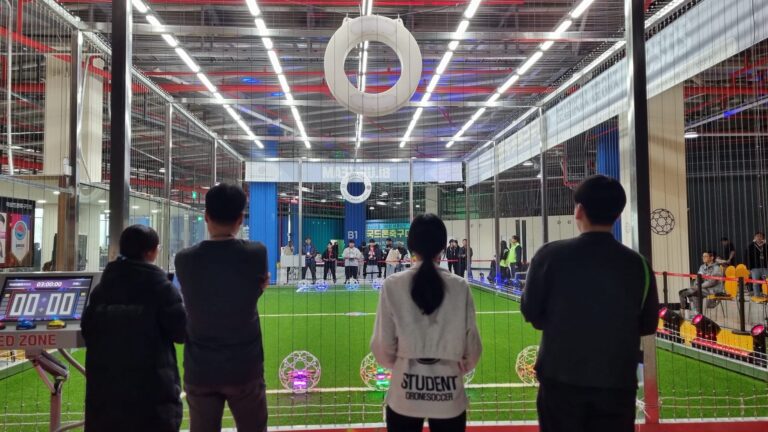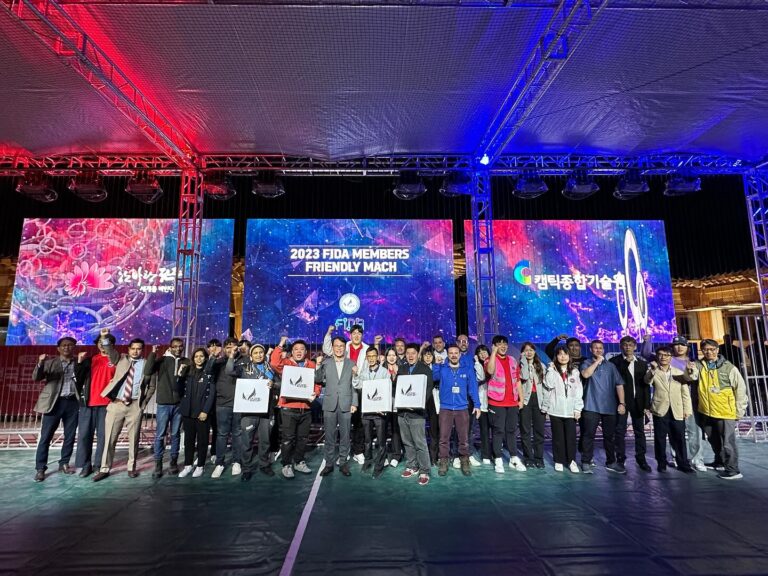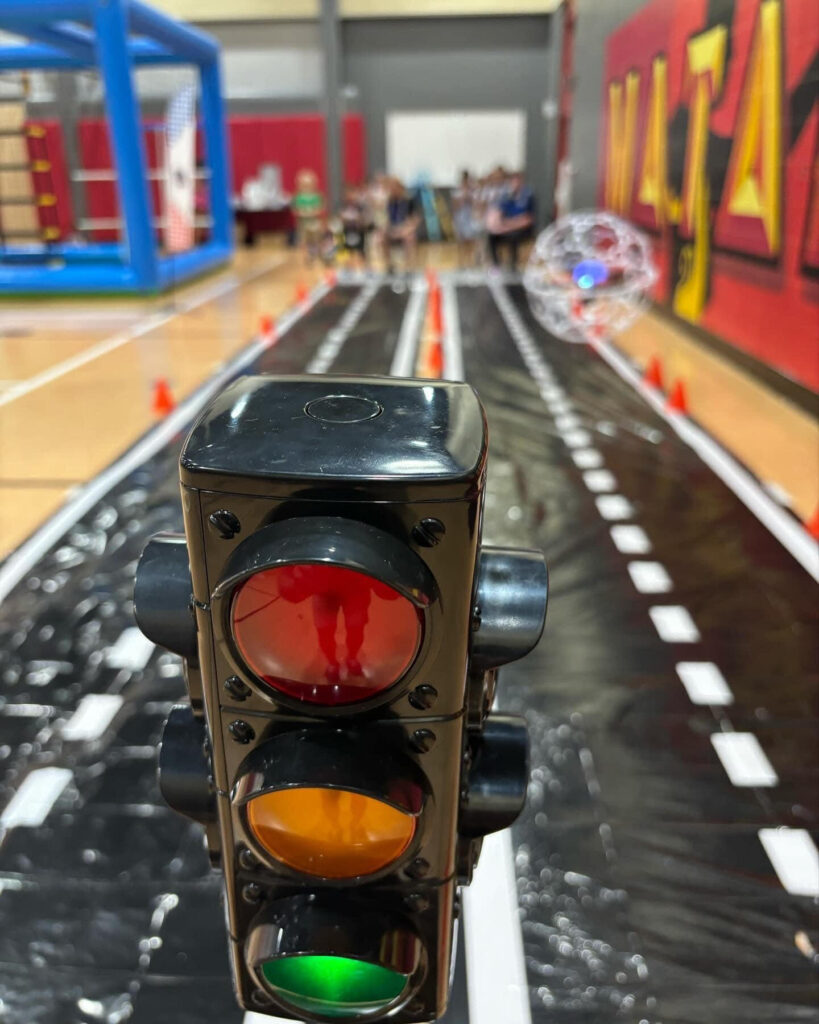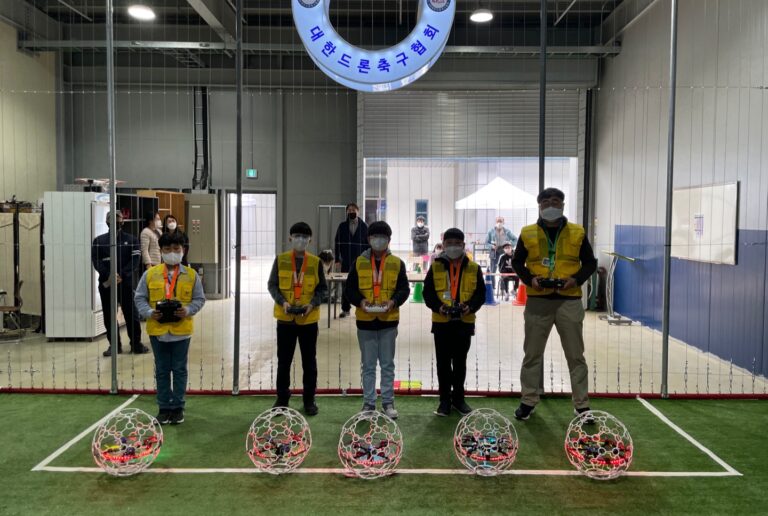
Introduction
Drone soccer is a fusion of technology and sport which is rapidly growing all around the world. The innovative game is not only for kids or teenagers, it has the opportunity to build a bridge between the kids and their parents since the game is easily playable by anyone and does require minimum physical activity. Whether you are a beginner or looking to for some guidelines or you want to play it professionally, this article will provide the basic information regarding that.
Basic Flight Training: Building a Strong Foundation
The journey of becoming a skilled drone soccer player begins with basic fundamental flight techniques. These basic skills will help you to overcome initial challenges and gradually move towards your success.
Floor Sweeping and Low-Altitude Maneuvers
You need to start from zero. In first stage you have to start training by practicing floor sweeping exercise. It involves maneuvering the drone just above the ground without taking off which looks like the drone is sweeping the floor. This training helps the pilot develop a keen sense of throttling the controls of special awareness, progressing in low altitude up and down movements, and maintaining a consistent height of maximum one meter.
Hovering Mastery
Hovering is a critical skill. You need to begin with rear hovering where the drone tail will face you. As you start to improve, you start practicing side wise hovering and face to face hovering. This skill is important to maintain the positions during the matches and executing precise maneuvers.
Straight Flights and Dribbling
Next you need to start forward, backward, side-to-side straight flights while maintaining a steady, in fact a constant altitude. This will help you building confidence to navigate the field efficiently. Introduce S-shaped flights to simulate dribbling, enhancing your capabilities.
Advanced Maneuvers
At this stage you need to start on tougher trainings. You have to practice complex light patterns such as 8 shaped flight paths or pirouettes. These will help your overall control. Practice precision goal scoring with 10 shaped (cross shaped) flight paths around the goal post.
Team Training: Coordinating for Success
Drone soccer is a team sport, and success hinges on effective coordination and communication among players. Implement these team training exercises to build synergy and tactical awareness.
Two-Player Drills
Position Keeping: You start practicing in a single area in the air keeping static position while defending against an opponent.
1v1 Offense/Defense: Simulate attacker vs defender scenarios in different positions and play in both roles that is defense and offense.
Expanded Team Formations
1v2 and 1v4 drills: You start enhancing offensive skills against several defenders. This will build your confidence.
2v3 scenarios: Practice in coordinated strategical attacks and defensive formats.
Half-Court Scrimmages
Start a half court attack and defense training with full 5 player team. This allows the players focusing on team work and special tactics. It also helps the players conserving the battery life for extended period of sessions.
Positions and Roles
Striker
Striker is only allowed to score goals; this position demands high level control. The best drone pilot shout be in charge of the striker position.
Guide
Guide plays a supporting role, but very crucial. It protects the striker and disturbs opponent’s defense.
Libero
Libero is a defender. It blocks opponent drone coming towards its own territory goal post.
Sweeper
It plays the role of last line defense. They must have strong positional awareness and try to predict the incoming opposition techniques.
Keeper
Keeper plays the role of goal keeper.
Technical Considerations and Troubleshooting
To maintain peak performance during matches, be aware of these technical aspects:
Battery Management
Ensure your battery is high quality and always keep spare batteries. Charge them fully before the game.
Propeller Care
Regularly inspect the propellers. Clean them after every practice. Replace them if they are damaged because it can have an impact on your piloting.
Calibration
Be prepared to recalibrate the drones if they stary behaving strange. There is a 5-minute break between each stage, so you have only 5 minutes to recalibrate or repair the drones.
Continuous Skill Development
Individual skill improvement is an ongoing process. Incorporate these elements into your regular training routine:
Varied Flight Orientations
Practice flying is multiple orientation like forward, backward, sideways while maintaining control and directions.
Dynamic Maneuvers
Combine different flight paths while keeping different directions.
Precision Control
Focus on achieving pinpoint accuracy. Try your movements in different positions like Keeper/ Striker, Libero.
Conclusion
Mastering Drone soccer requires dedications. You need at least 6 months practice if you want to perform in professional levels. This Sport is new, so if you start practicing now, you may have a bright future as a career.
